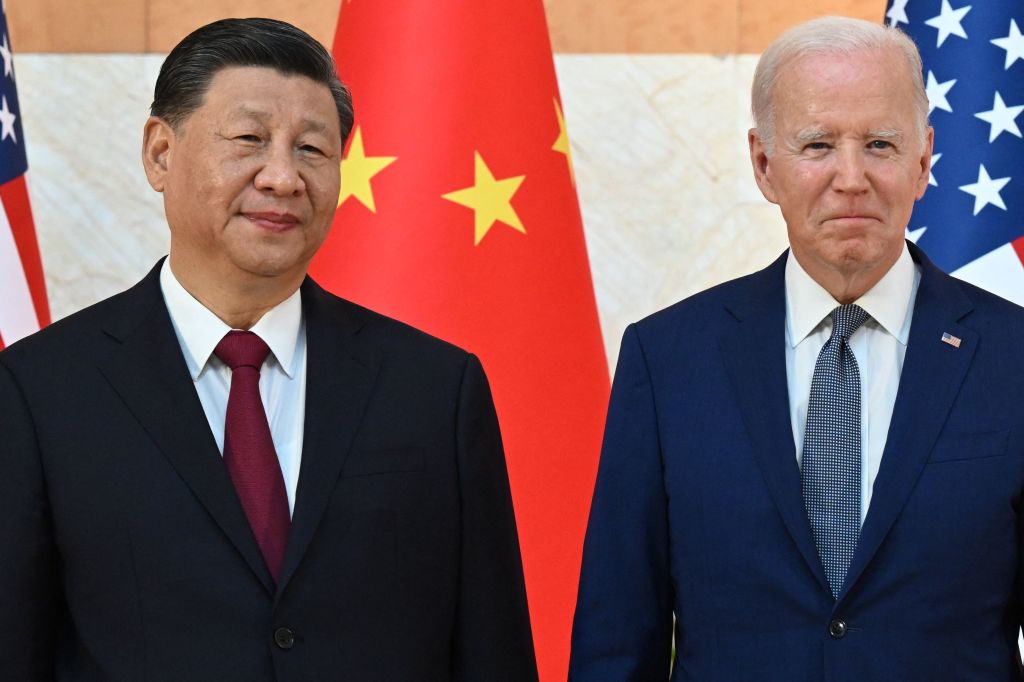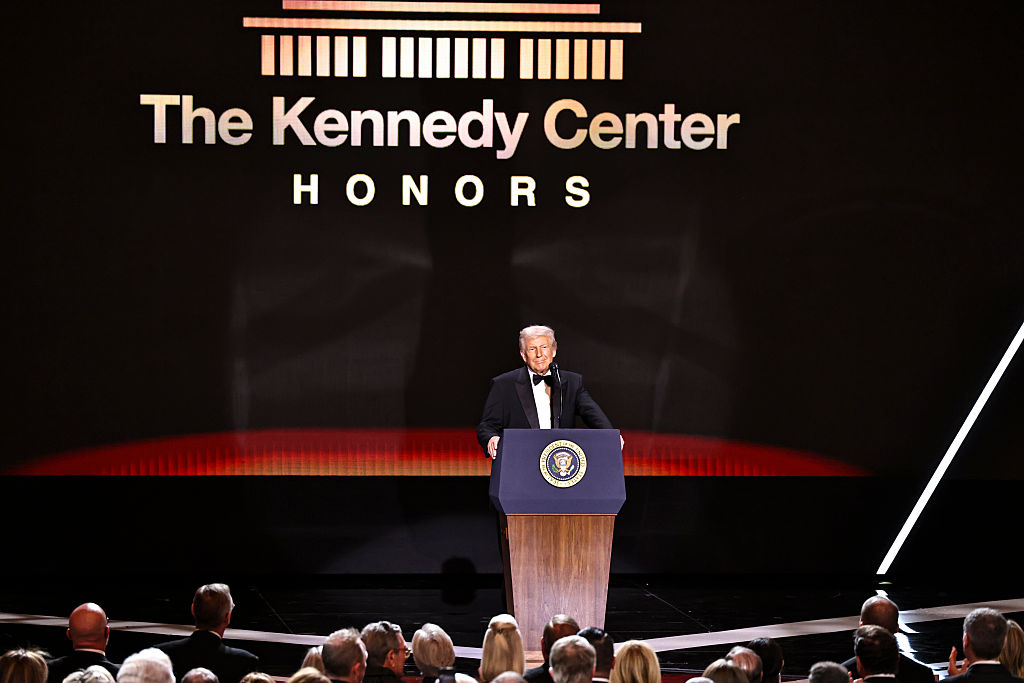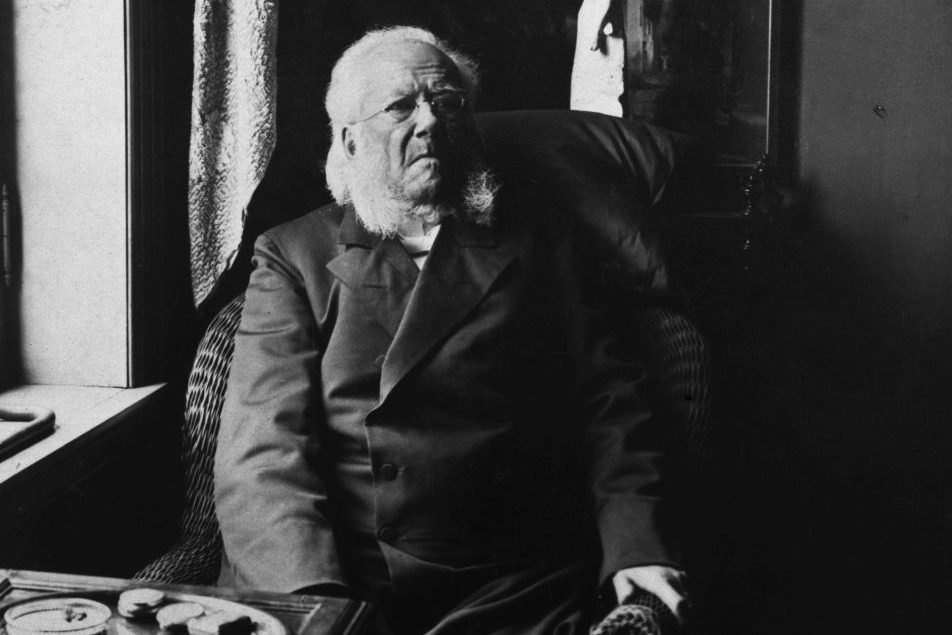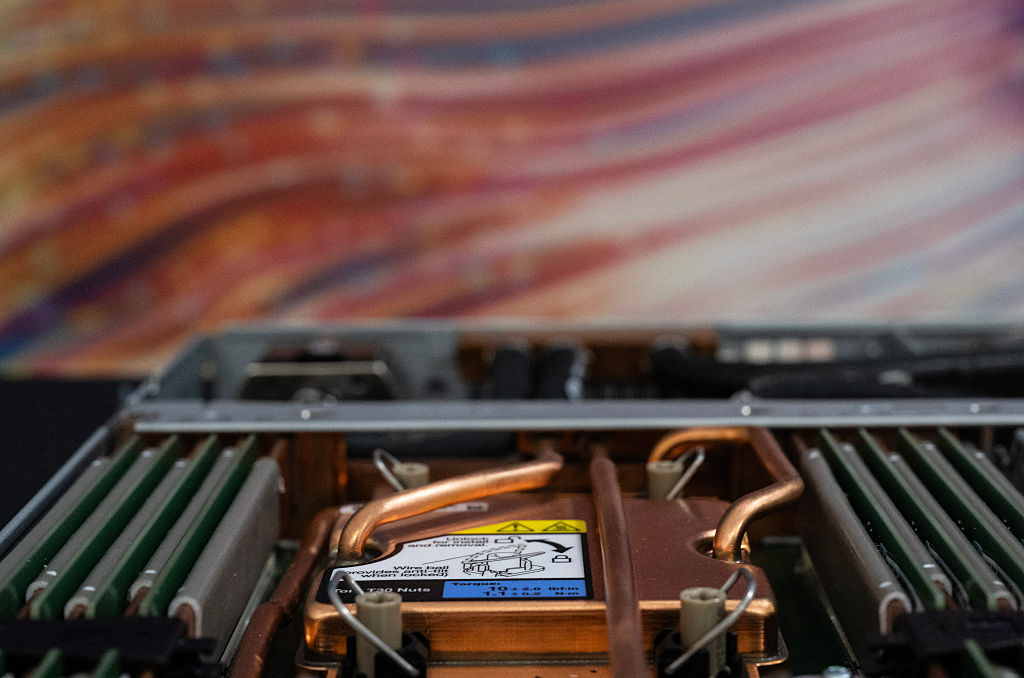The bilateral relationship between the United States and China is arguably the most important in the world today. The two countries make up approximately 42 percent of the world’s economic output and more than half of global military expenditure (at $801 billion, the US share of that total dwarfs China’s). The Biden administration’s recently released National Security Strategy names China as “the only competitor with both the intent to reshape the international order and, increasingly, the economic, diplomatic, military, and technological power to do it.” The central objective from Washington’s standpoint is to compete vigorously with Beijing, prevent China from attaining hegemonic status in the Asia-Pacific, and ensure this competition doesn’t slide into conflict.
Thus, President Biden’s first in-person summit with China’s Xi Jinping was absolutely necessary — and if we’re being honest, long overdue. The two men have interacted countless times before, holding five calls or video conferences over the last twenty months. But as US officials have stressed time and again, no format can replace direct dialogue. The question is whether the meeting generates anything beyond platitudes about cooperation.
The talks, which lasted three hours on the sidelines of the G20 summit in Bali, Indonesia, ended without a joint communique. But Biden and Xi struck some similar notes in their separate statements, a suggestion that the leaders are on the same wavelength with respect to keeping channels of communication open. The White House readout, in addition to Biden’s own comments during the press conference, emphasized a sense of shared duty to work together to resolve or manage global issues. As Biden said, “We share responsibility… to show that China and the United States can manage our differences… and to find ways to work together on urgent global issues that require our mutual cooperation.” Xi apparently agreed: “China and the United States need to have a sense of responsibility for history, for the world and for the people.”
Issuing words of wisdom, of course, is one thing. Following through on those words is another matter entirely. Biden, Xi, and their respective aides further down the chain of command may agree in theory to collaborate when interests align and minimize confrontation when issues are too intangible to bridge, but both sides remain trapped in a vortex of mutual antagonism and suspicion. At its core, the US-China rivalry is a geopolitical contest between an established power desperate to retain a unipolar world order and a rising one itching to position itself as the dominant player in its own region. One doesn’t need to be George Kennan to recognize why any improvement in such an environment is an uphill climb.
This is precisely why expectations for the Biden-Xi summit were kept low. The two leaders were never going to walk away from the table with signed agreements. The US and China are simply too entrenched on opposite sides, and there’s no indication their fundamental disagreements will be alleviated anytime soon. Washington continues to perceive China under Xi as an authoritarian juggernaut that aggressively seeks to press its territorial claims, displace its neighbors from the South and East China Seas, acquire economic leverage over other countries through debt-laden infrastructure projects, and strengthen its military capability in preparation for a forceful reunification of Taiwan with the mainland.
Beijing, meanwhile, considers the US to be so envious, if not threatened, by China’s multi-decade economic growth that it is increasingly using export bans to stifle Chinese technological development. Notwithstanding insistence by US officials that Washington’s “One China” policy remains in effect, the Chinese Communist Party is convinced the US is moving away from it — if it hasn’t already. President Biden’s statements about the US committing itself to the defense of Taiwan in the event of a Chinese attack (which are habitually walked back by his advisers minutes later) have only reaffirmed the CCP’s belief that Washington has essentially ditched “strategic ambiguity.” As Evan Feigenbaum, a vice president at the Carnegie Endowment for International Peace, observed on Twitter, Beijing regards American policy on Taiwan as “contradictory,” with the US restating support for the One China policy even as it leaves that policy in the rear-view mirror.
US-China relations are too far gone for a single meeting to get them back on course. However, the confab at the G20 could contribute to a long, slow process of eventually stabilizing the relationship. In one notable act, Biden and Xi both ordered their subordinates to enhance communication on a number of issues, particularly in the economic realm. Follow-up exchanges will be planned, and Secretary of State Antony Blinken will travel to China shortly. Joint working groups will also be established, a hint that Beijing may be rethinking its decision in August to sever dialogue with the US on everything from illegal immigration to military affairs as retaliation for House Speaker Nancy Pelosi’s trip to Taiwan.
One can only hope the two powers will move ahead. Lyle Goldstein, the director of the Asia Engagement program at Defense Priorities (where I also work) had it right when he told me that today’s ounce of positive movement in US-China relations “will require a robust follow-up and a determination on both sides to break with the new tendencies toward vitriolic critiques and ever-escalating competitions in all domains.” The last thing the US needs is a militarized, zero-sum geopolitical conflict.

























